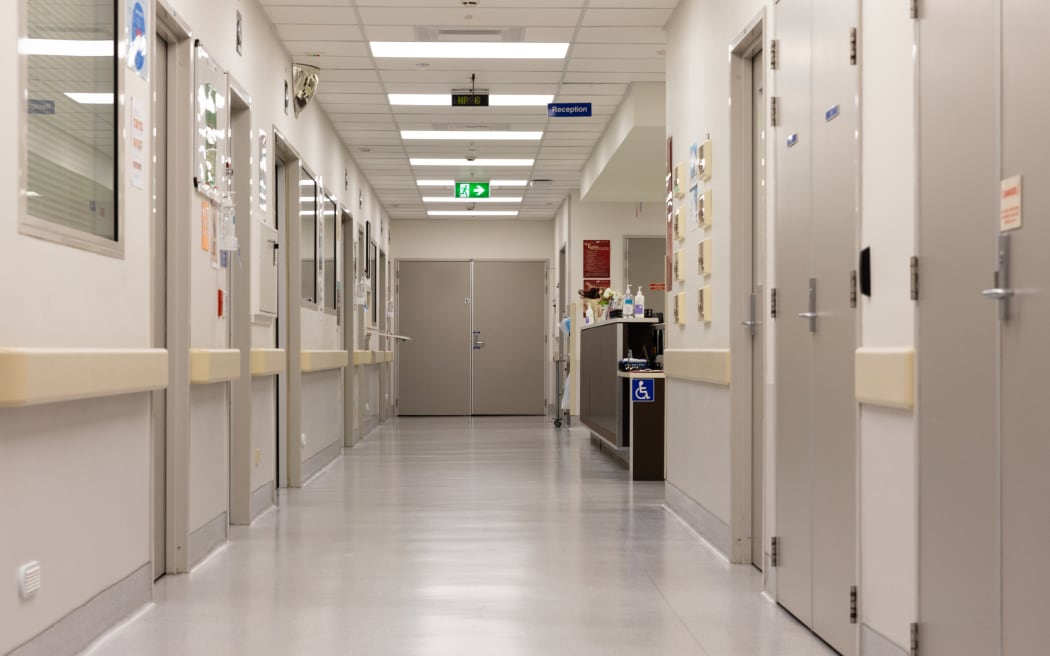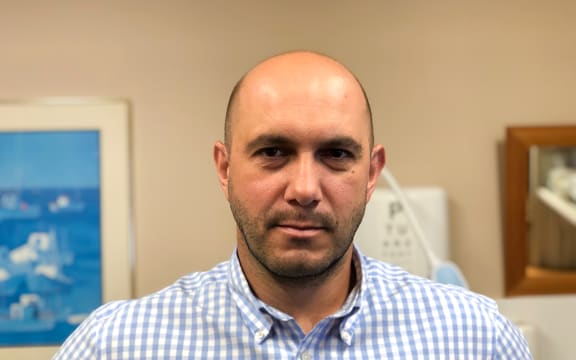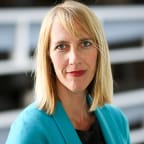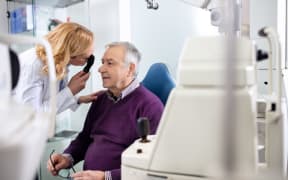
Te Whatu Ora's data showed the proportion of patients nationwide waiting more than four months for their first specialist appointments increased from 26.1 percent in May 2022 to more than 33.4 percent in April this year (file image). Photo: RNZ / Dan Cook
One in three patients referred for specialist appointments has been waiting more than four months, according to Te Whatu Ora's latest data.
But GPs warn many others are not even counted in the official figures.
Auckland cancer survivor Dot has been five years clear. But there was always the lurking fear her lung cancer could return, which is why she was worried when her specialist at North Shore Hospital referred her for an extra scan in April.
"I hadn't heard anything for just over a month so I thought ,'That's a bit strange, I'd better follow up,' in case they had lost my records or something. And the girl said, 'No, we're just making bookings for tests that we did back in September 2022, so I don't know when your appointment will be.'"
Her GP obtained the CT results and reassured her it was not cancer - "although there are some things he's not too sure about".
She wondered, however, what would have happened if she had not followed up and the cancer had recurred.
"Or what about those other patients waiting nine months to find out their test results? It's horrific to think about."
Unlike ambulances lined up outside overflowing emergency departments, or patients on gurneys in corridors waiting for hospital beds, outpatients backlogs were "a hidden delay", she said.
"It's up to each individual person [to follow up]. And a lot of people don't know why, or if it's even worth following up."
Te Whatu Ora's data showed the proportion of patients nationwide waiting more than four months for their first specialist appointments increased from 26.1 percent in May 2022 to more than 33.4 percent in April this year - 56,051 patients.
The biggest wait time blowouts were in orthopaedics, oral-maxillofacial, ear, nose and throat, and gynaecology.
Waitematā declined to comment on Dot's case, referring enquiries on wait times to Te Whatu Ora's national office.
Te Whatu Ora does not collect data on follow-up appointments, but said like first specialist assessments, urgent cases were prioritised.
Its Planned Care Taskforce has recommended a nationally consistent prioritisation system to fix the "postcode lottery" of geographical inequities, and giving GPs more access to funded diagnostics and treatments.
Auckland GP Craig King said that was urgently needed.

Dr Craig King. Photo: SUPPLIED
"First-year house surgeons are able to order more diagnostics than a GP with decades of experience."
The day he spoke to RNZ he had seen a patient in his 40s ("a fit and active man") who had just been diagnosed with advanced heart disease through an angiogram.
"He's waited six months with a fairly serious condition - he could have died in the meantime. If we'd had access to those diagnostics, we could have sorted him out early on."
King - who chairs ProCare, the country's largest primary health network - said data collected from its 170 practices showed patients waiting for first specialist appointments saw their GPs "two to four times more often".
"That's affecting other people getting seen as well."
ProCare's pilot with ACC, giving its GPs more access to funded radiology scans, was a great example of what could be done to help patients, he said.
"It's improved accuracy of diagnosis, it's reduced by many months the amount of time off work, and it's allowed the specialist to actually see the people they need to see, knowing there's something they can actually do for them."
That pilot was being rolled out nationwide.
"It might also prevent us needing more beds in hospitals or having to build more hospitals," he said. "Let's call it the 'ambulance at the top of the cliff' approach".

Dr Luke Bradford. Photo: Supplied
Royal New Zealand College of General Practitioners medical director Dr Luke Bradford agreed more access to funded diagnostics would relieve pressure on hospitals.
"If you're referring someone and they're waiting six months to be seen, just to get a scan you know they needed in the first place, that's a waste of everyone's time."
The Tauranga-based GP said patients were often sicker by the time they actually got to see specialists, and so more difficult and more expensive to treat.
The proportion of patients waiting more than four months for treatment ballooned from 39.1 percent in May 2022 to just under 46 percent in April this year.
"When it comes to cancer and other immediately life-threatening urgent things, the system is generally pretty good.
"It's those chronic disabling conditions - ear nose and throat, orthopaedics - that are often very slow."
The unmet need was even worse, Bradford said.
"What we probably don't have a clear sight on (but which is very much a problem) is the rest of the iceberg.
"And those are the patients who aren't being accepted for a first specialist appointment because the thresholds have been raised - and the ones whom we know would benefit from a specialist appointment, but GPs know they won't be accepted and therefore aren't referring."
No one from Te Whatu Ora was available for interview. In a written response, group manager for planned care, hospital and outpatients services Duncan Bliss said priority was "always given to those requiring urgent care".
"We recognise and understand that a patient may feel anxious about any waiting times, but we would like to assure the public that there are systems in place to ensure any abnormal scan result is escalated with urgency.
"We encourage anyone who may have concerns about their follow up appointment to contact the service where they are being treated or to speak with their GP."







